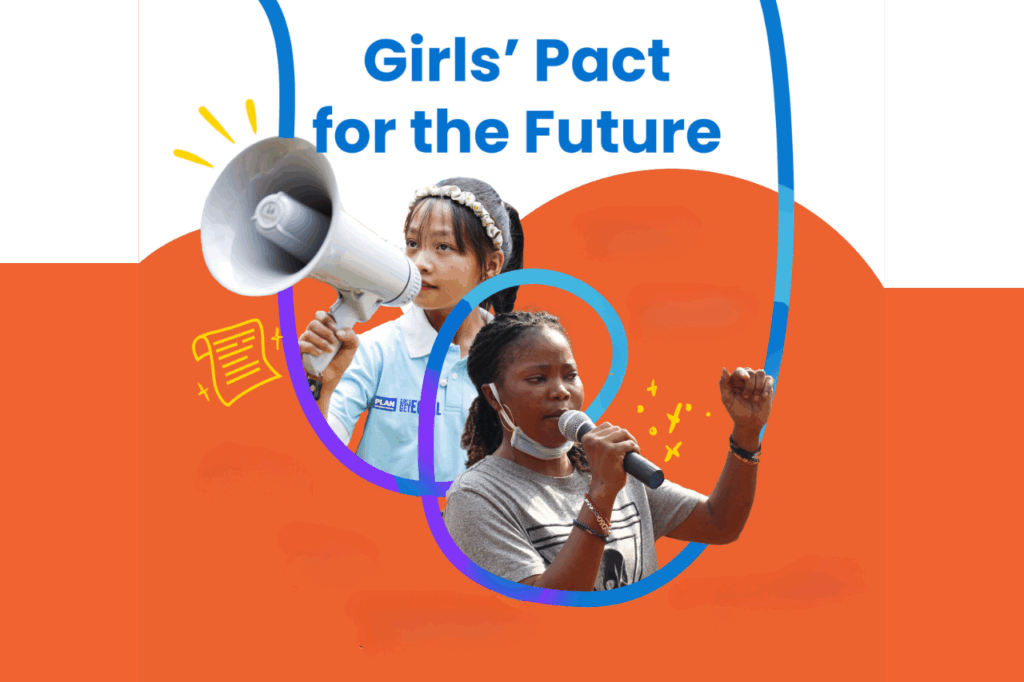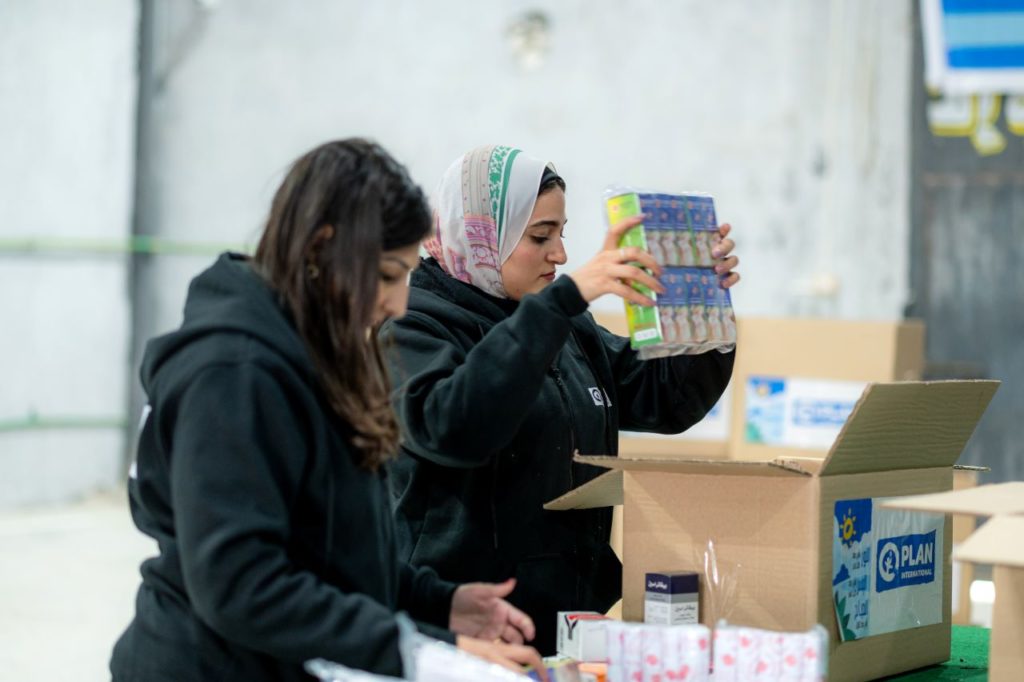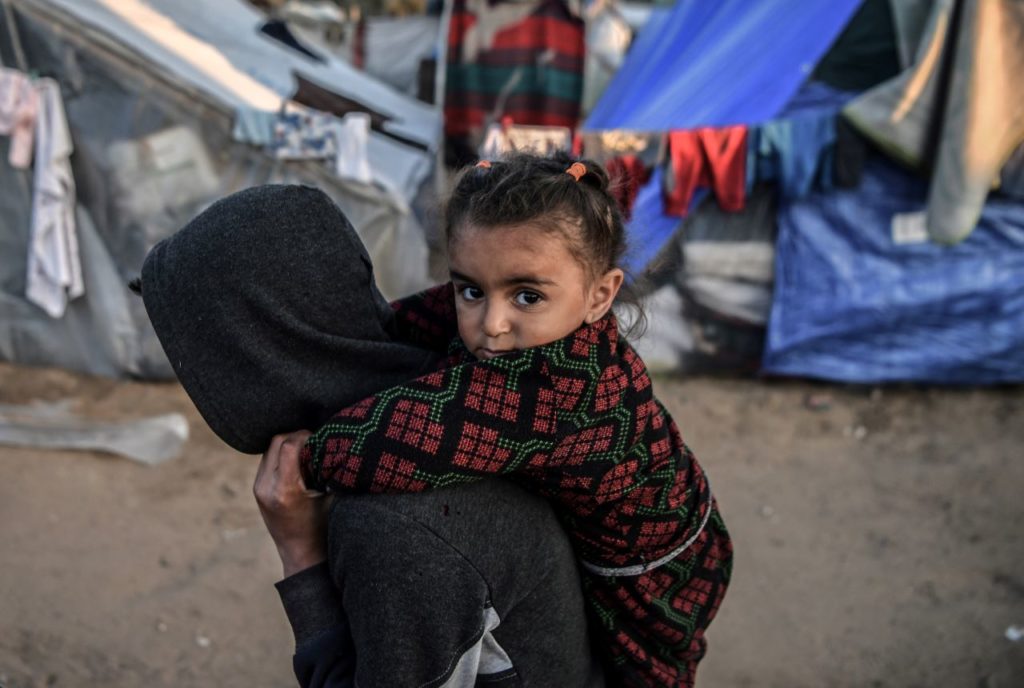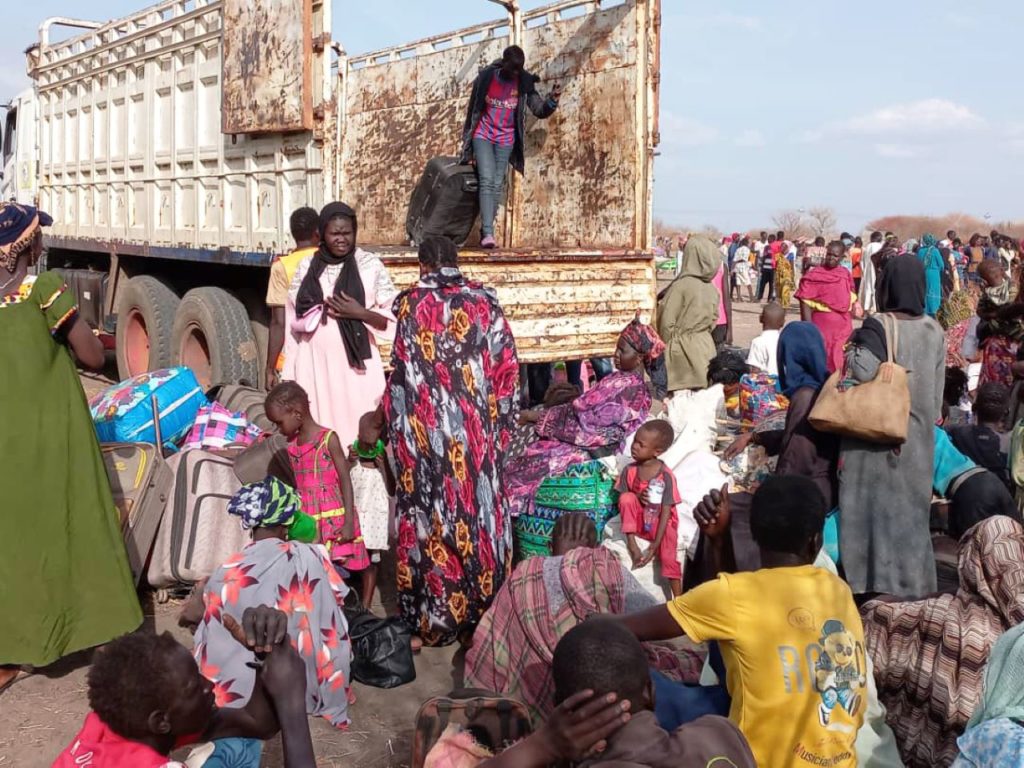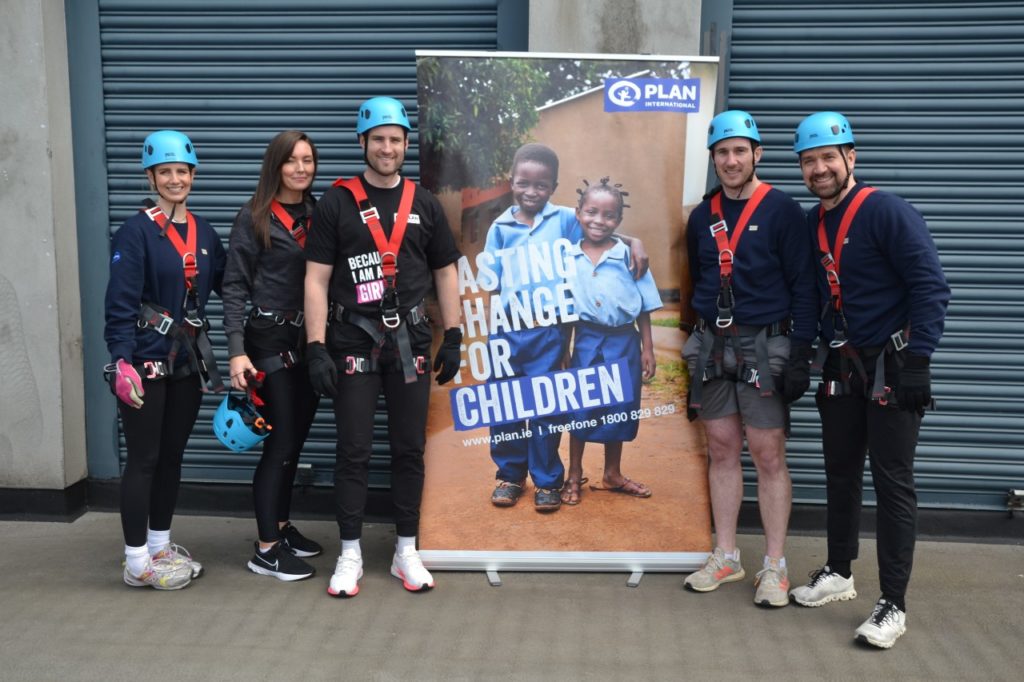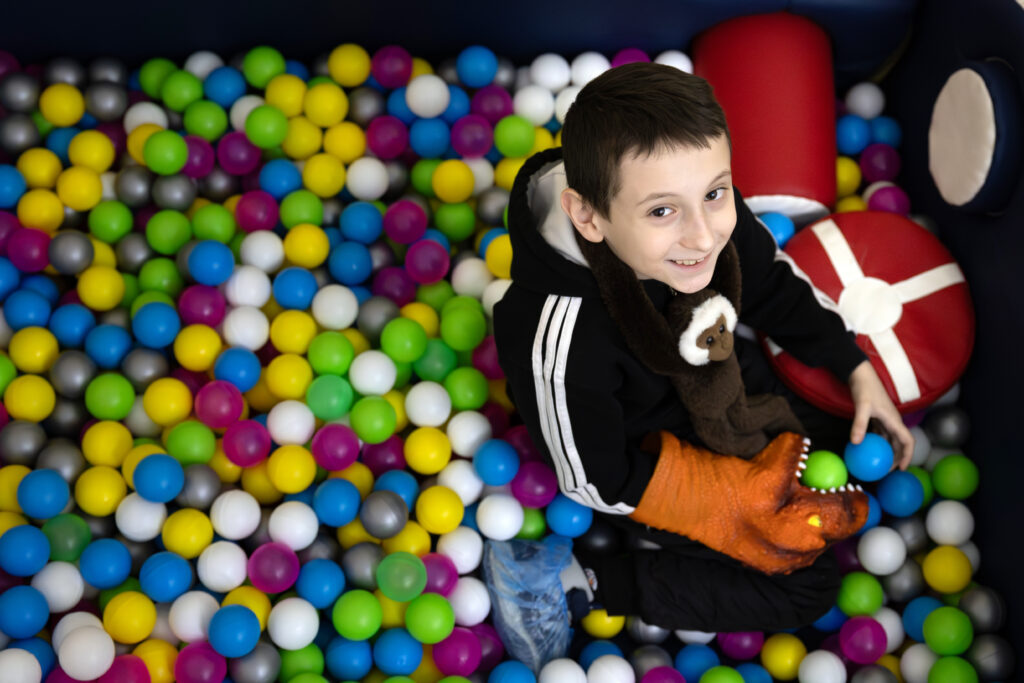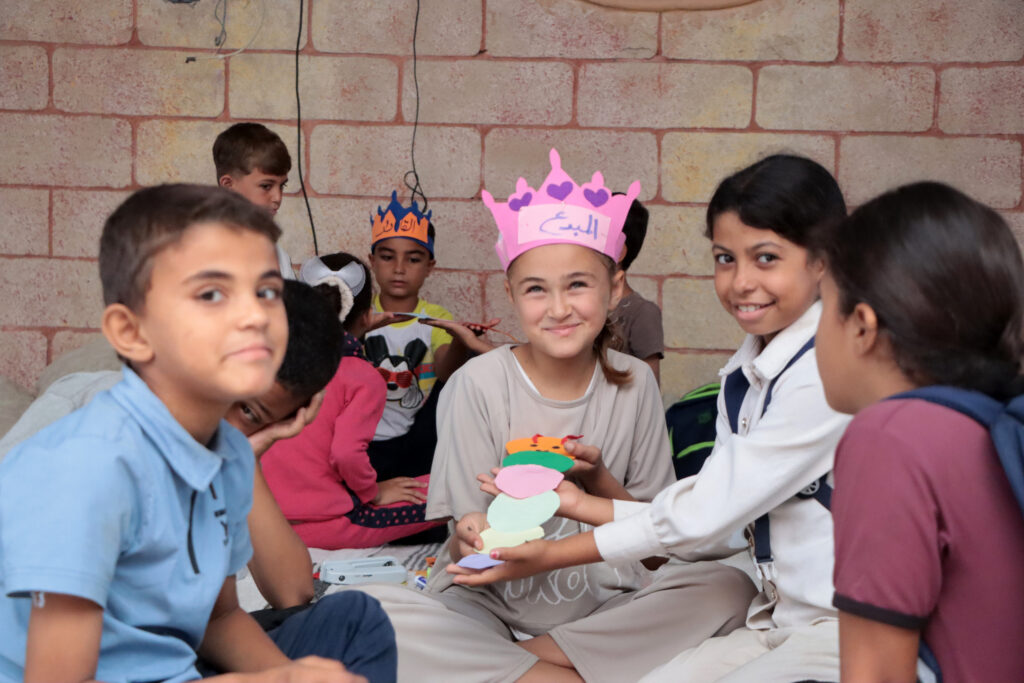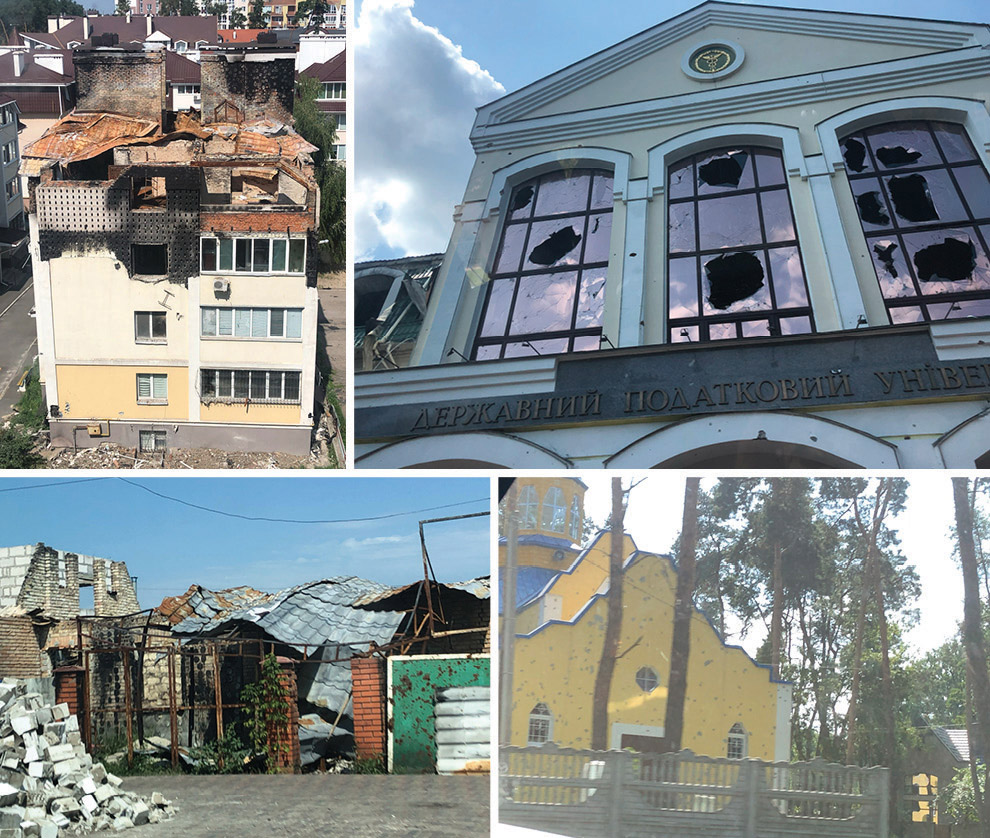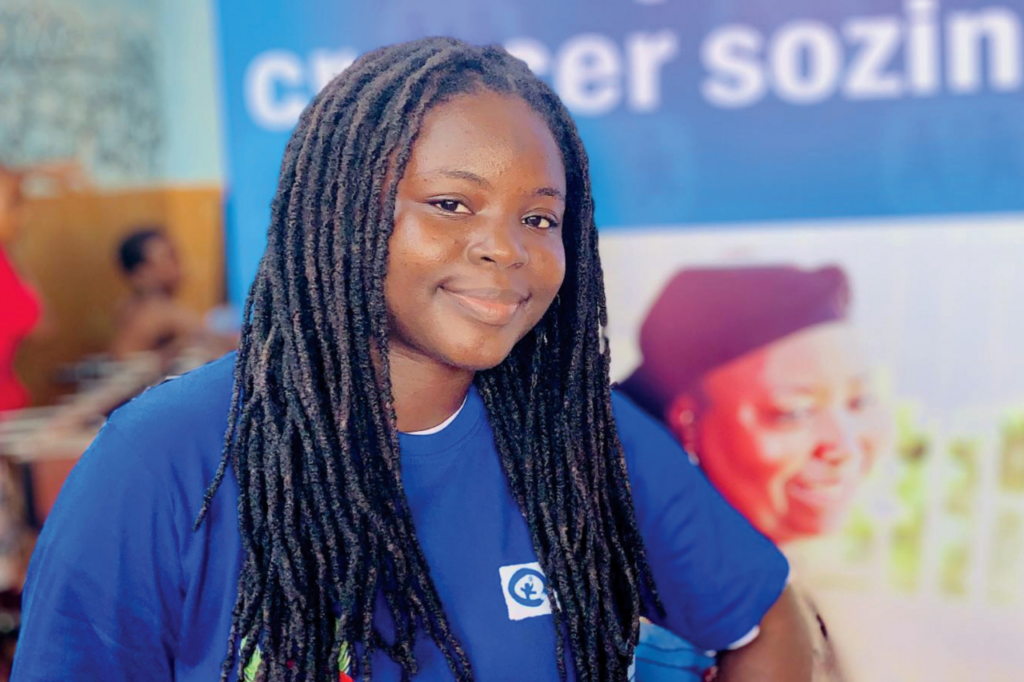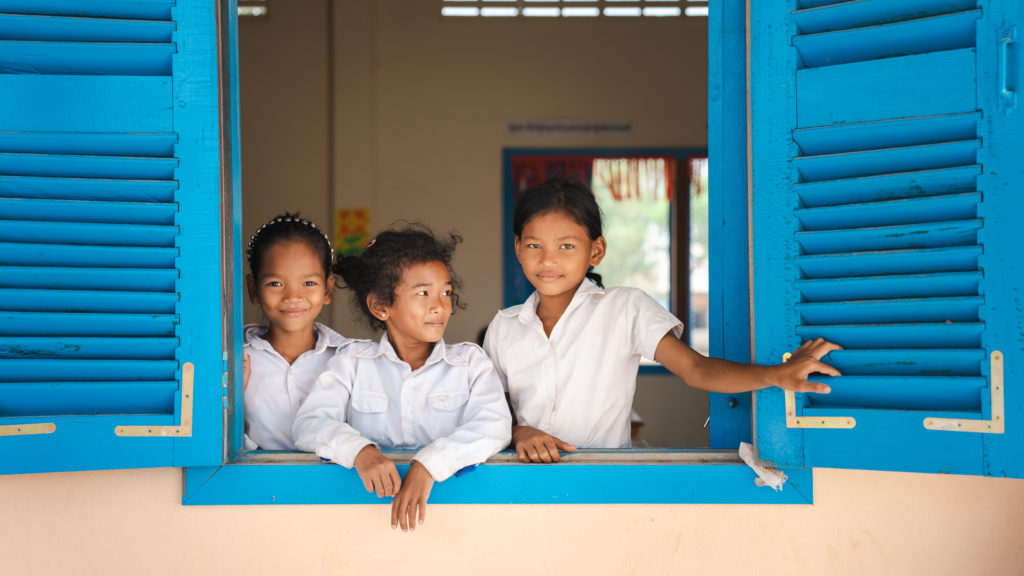Play is powerful for children in all their diversity
Play is essential for children and young people all around the world, no matter where they come from. Play is a right that all children have, protected by the Convention of the Rights of the Child. The power of play unlocks a child’s full potential and supports their health, development, wellbeing and resilience into adulthood. Play is how children learn, form friendships, develop life skills, heal after experiencing trauma or stress, and find out how to care for others and the world around them.
Play is also essential for advancing gender equality. Through play, children of all genders have the opportunity to explore who they are, foster self-confidence, and make choices that challenge traditional gender norms, roles and stereotypes.
Play opens up a world of opportunities!
But not all children and young people have equal opportunities to play
Around the world, conflict, climate change, poverty, lack of safe spaces and time to play and a perception by adults (parents, caregivers, teachers, policy makers) that play is not important means that many children don’t experience the power and wonder of play, or quality play opportunities. Play is not promoted, prioritised or protected so that all children can thrive.
For girls, gender also impacts their opportunity to play. Many girls have domestic chores and responsibilities to care of younger siblings. They may be pulled out of school when economic shocks impact the income of families. They may be kept indoors because their parents fear for their safety. They may be married off as children. All of these factors mean that many girls lack time to play.
In Jordan, Plan International supports play for children from refugee and host communities, including for Syrian refugee children living in camps. Through a play-based school readiness program for girls and boys, Plan is helping to better prepare children for successful transition to Grade 1 of primary school.
Naila*, a 6-year-old Syrian girl, participated with the support of her grandmother, Sara*. Enrolment in a kindergarten program allowed Naila to play and learn with children her own age in a safe, nurturing and playful environment. Hanan*, a kindergarten teacher in the program stressed the need to have safe spaces for refugee boys and girls to play and “be children.”
In the camp, there are no spaces for children to play or express themselves in a safe environment.
Her grandmother, Sara said:
“I think this project saved her, I always feared that I would lose her because she used to fear doing anything or interacting with anyone. Now she is eager to come to the kindergarten. She is now more interactive with her surroundings.”
Naila also explained:
“I made some friends. They are nice. We play all the time, and we learned the numbers and the alphabet. We play different games”.
For children like Naila, play makes a real difference. Play will help Naila to navigate challenges she may face and will help set her up for success.
Global partners, including Plan International, have successfully called on the United Nations to adopt an International Day of Play (IDOP) to champion and protect children’s right to play
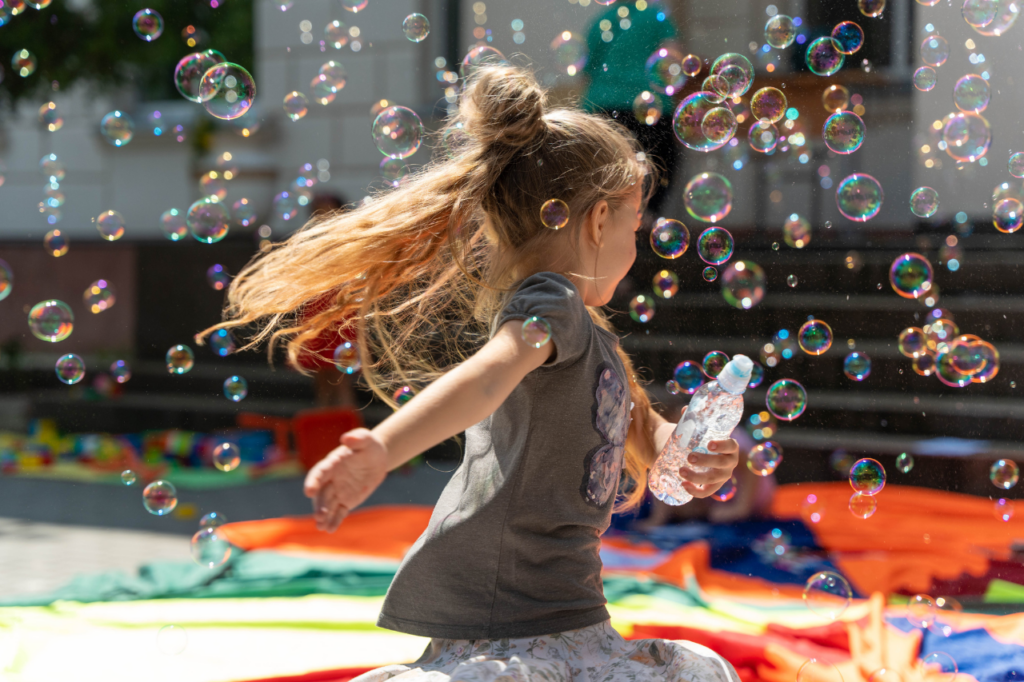
The International Day of Play will be recognised each year on 11 June, with the inaugural celebration to take place in 2024.
Plan International supports learning through play and play-based approaches through our work around the world, in all contexts. This includes support for play in child friendly spaces during emergencies, in community based early learning programs and playgroups, in parenting education, teacher training and primary schools.
Children and young people all around the world are calling for our support for play
As part of building support for IDOP, more than 10,000 children and young people were asked to share their insights, experiences and perspectives on play. 97% said play is important. They called for adults and decision makers to protect the right to play, provide more time and opportunities for play, create safe and accessible play spaces and listen to them when decisions are made impacting their right to play.
Eli*, aged 8 from Australia said:
“Play is fun, it’s how I make new friends, it keeps me occupied and it makes me feel happy and excited. Through play, I learn how to do mathematics, I learn how to read and write. I love to play with my friends”.
Each year, IDOP will be a unifying moment at the global, national, and local levels to elevate the importance of play as central to children’s learning, wellbeing and resilience – ensuring time to play, space to play and support for quality play is prioritised.
We ask you to join the global movement to celebrate play on 11 June, and every day!
Find out more at www.internationaldayofplay.org.
Read the Call to Action from children and young people at https://childfriendlygovernance.org/international-day-of-play
Author: Nicole Rodger, Policy and Advocacy Lead, ECD
